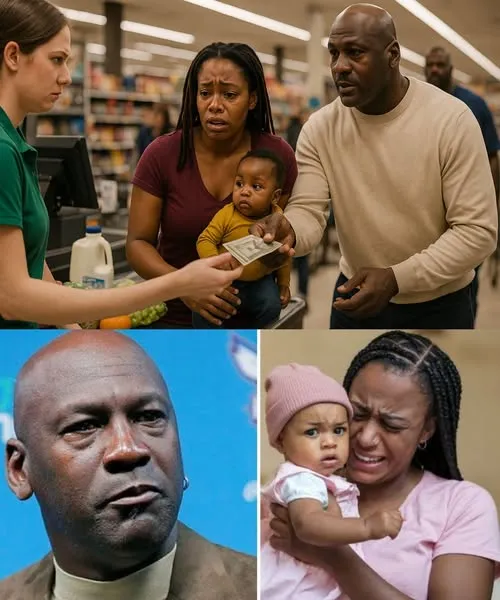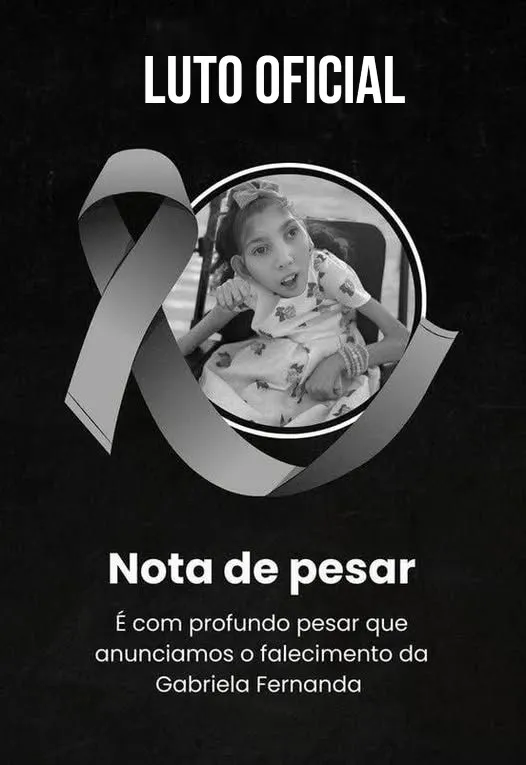At a quiet supermarket in Chicago, an ordinary day turned extraordinary when four lives intersected in a moment that would ripple far beyond the store’s sliding doors.

Jasmine, a 20-year-old single mother, stood at the checkout line, clutching her 1-year-old son and a few basic groceries—milk, baby food, and a loaf of bread. Her eyes revealed both exhaustion and courage, the look of someone who had fought hard for every single dollar in her pocket.
When it came time to pay, Jasmine realized she was a few dollars short. She whispered a quiet apology and asked the manager if she could put a couple of items back. Instead of empathy, she was met with loud, humiliating remarks.
“You people are always trying to get something for nothing,” the manager scoffed, loud enough for others in line to hear. “If you can’t afford to pay, don’t come in here begging.”
The scene was painful to witness. Jasmine stood frozen, her cheeks flushed with embarrassment, her baby beginning to cry.
But fate had something else in store.
Among the shoppers was none other than Michael Jordan, the legendary NBA icon—dressed casually, unassuming, and just another face in the crowd. But when he saw the manager’s behavior, he didn’t stay silent.
Jordan calmly walked up to the register, took out his wallet, and paid not only for Jasmine’s groceries—but bought a month’s worth of food for her and her baby. The entire store went silent.
He then looked at the manager and said, “Your job is to serve customers, not judge them. Everyone has a story—and sometimes all they need is a little kindness.”
Before walking out, Michael handed Jasmine his contact information, offering to help her get back on her feet. That single act of compassion didn’t just silence the room—it inspired a wave of reflection, humility, and gratitude among everyone who witnessed it.
For Jasmine, it was more than just groceries.
It was dignity restored.
It was hope reignited.
And for the rest of us, it was a powerful reminder that real greatness isn’t measured by fame, wealth, or titles—it’s measured by the way we treat those with the least.



